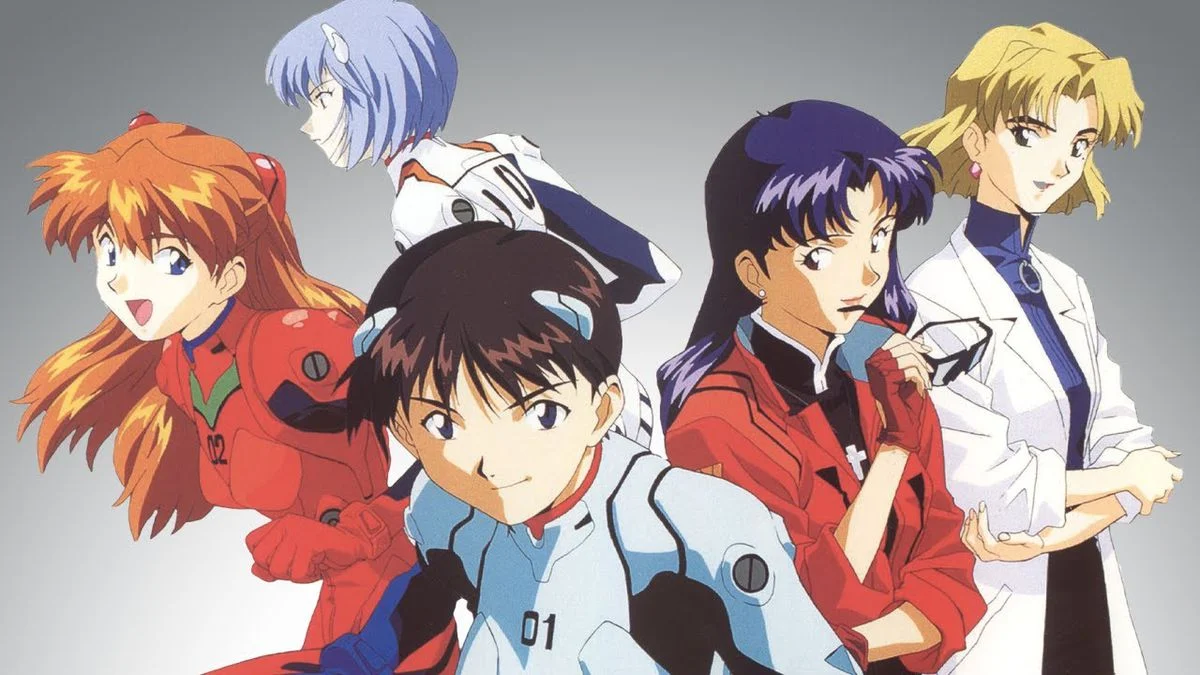In a stunning development that marks the end of an era in the anime industry, Gainax, the legendary Japanese animation studio known for producing the iconic series “Neon Genesis Evangelion,” has declared bankruptcy. The studio, which had been a significant player in the world of anime for nearly four decades, announced its financial collapse on its official website last Friday, with formal proceedings initiated on May 29.

This announcement came at a particularly poignant time, just as the Japanese government has started to ramp up its support for the country’s cultural exports, including manga and anime, in response to their increasing global popularity. The timing also coincides with the eve of the Annecy International Animated Film Festival, the largest annual event in the animation industry, setting a somber backdrop for what should have been a celebration of artistic achievement.
Rise and Fall of a Cultural Giant
Founded in 1984 under the name Daicon Film, Gainax quickly rose to prominence in the anime scene. The company was started by a visionary group including Anno Hideaki, Sadamoto Yoshiyuki, and several others who would later go on to establish successful careers independently. “Neon Genesis Evangelion,” which first aired in 1995, became a monumental success, generating over $2 billion in global revenue and cementing Gainax’s reputation as an anime powerhouse.

However, the seeds of discord were sown early with the arrest of two executives in 1998, who were later imprisoned for financial mismanagement involving under-reported revenues and tax liabilities. This scandal was the first in a series of missteps that would eventually lead to the company’s downfall.
A Cascade of Mismanagement and Debt
Over the years, Gainax’s management made several ill-advised decisions that compounded its financial woes. Under the leadership of Maki Tomohiro, who joined the company in 1992, Gainax expanded into ventures that proved unsustainable, including a restaurant business and a CG operation, neither of which succeeded. The company also faced legal challenges, including a sexual assault case in 2019 against Maki, which resulted in a prison sentence and further tarnished the studio’s reputation.

The financial strain was exacerbated by failed royalty payments, leading to Gainax’s exclusion from production committees, a critical aspect of anime production and financing. The discovery of additional undisclosed debts and questionable transactions by the new management eventually made it impossible for the studio to continue operating, culminating in the bankruptcy filing.
Looking Ahead: The Future of Gainax’s IP and Legacy
As Gainax grapples with its financial ruin, its former sister company, Khara, has stepped in to acquire the Gainax trademark. Khara’s involvement is expected to help untangle the complex web of intellectual property issues left in the wake of the company’s collapse, ensuring that the creators and original authors can continue to manage and produce their works.
Among Gainax’s other notable contributions to anime are titles such as “Nadia: The Secret of Blue Water,” “Gunbuster,” and “Gurren Lagann,” each of which has left a lasting impact on the genre. As the industry reflects on the contributions of Gainax, questions about the sustainability of ambitious creative enterprises and the importance of sound management in the arts remain paramount. The legacy of the entertainment brand serves as a cautionary tale about the delicate balance between creative innovation and the pragmatic aspects of business management in the volatile world of entertainment.









